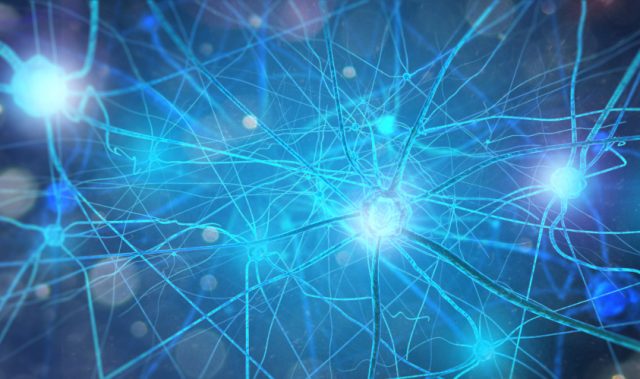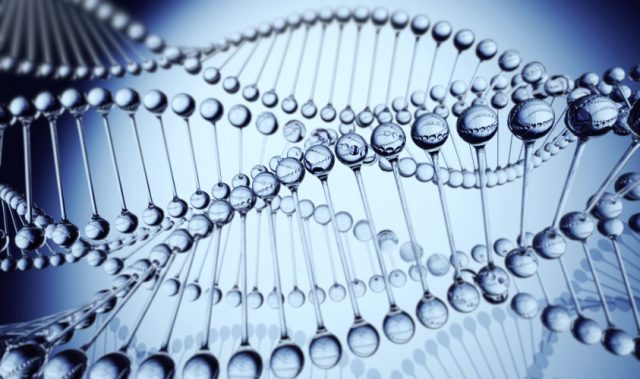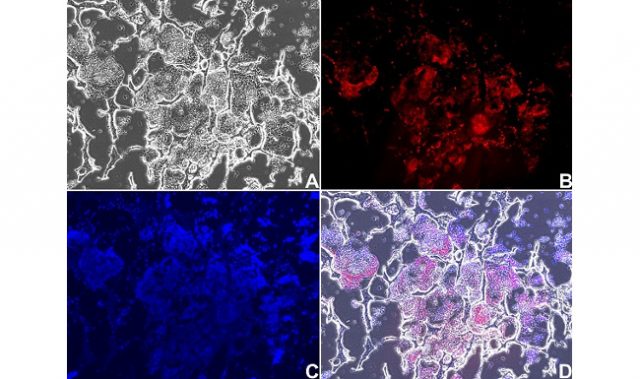
AsianScientist (Dec. 27, 2017) – In a study published in Neuron, scientists in Hong Kong and the US have revealed the structure and mechanism of a protein complex associated with psychiatric disorders.
Disrupted-in-schizophrenia 1 (DISC1), originally identified in a large Scottish family suffering from multiple psychiatric disorders due to a chromosomal translocation-induced disruption, has been established as a genetic risk factor for a wide array of psychiatric disorders. These include schizophrenia, bipolar disorder, major depression, and autism spectrum disorders. In contrast to the wealth of functional and pathological data on DISC1, biochemical and structural characterizations of DISC1, as well as its interactions with target proteins, are very scarce.
In this study, scientists from the Hong Kong University of Science and Technology (HKUST), in collaboration with a team from the Perelman School for Medicine at the University of Pennsylvania, US, solved the high-resolution structure of DISC1 in complex with Ndel1, a protein involved in the cell division cycle.
“Our study revealed that mechanistically, DISC1 regulates Ndel1’s kinetochore attachment, but not its centrosome localization, during cell division,” said Professor Zhang Mingjie, Kerry Holdings Professor of Science at HKUST and leader of the research group.
“Functionally, disrupting DISC1/Ndel1 complex formation prolongs the length of cell division and interferes with cell-cycle progression in human cells, and it causes cell-cycle deficits of neuronal stem cells in the embryonic mouse cortex and human forebrain organoids.”
“We observed similar deficits in organoids formed using schizophrenia patient-drived induced pluripotent stem cells (iPSC), which bear a DISC1 mutation that disrupts its interaction with Ndel1,” Zhang added.
The researchers also uncovered a new mechanism of action for DISC1 based on its structure, which could explain how genetic insults may contribute to psychiatric disorders. The structural information of the DISC1/Ndel1 complex allowed them to develop a highly specific peptide which only inhibits the formation of the DISC1/Ndel1 complex but does not interfere with the bindings of the two individual proteins to other protein partners in the cell.
“Our study provides a potential mechanistic understanding of how DISC1 mutation can affect neural developmental processes, granting insight into the mechanisms of pathogenesis of complex psychiatric disorders.”
The article can be found at: Ye et al. (2017) DISC1 Regulates Neurogenesis via Modulating Kinetochore Attachment of Ndel1/Nde1 during Mitosis.
———
Source: Hong Kong University of Science and Technology.
Disclaimer: This article does not necessarily reflect the views of AsianScientist or its staff.












